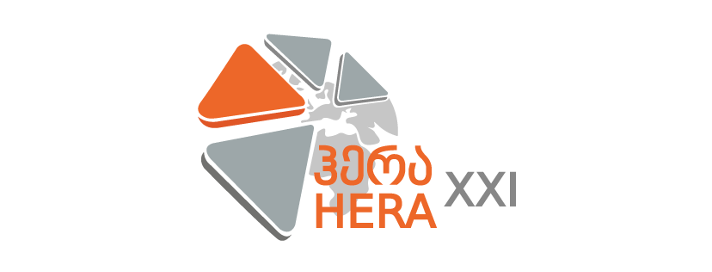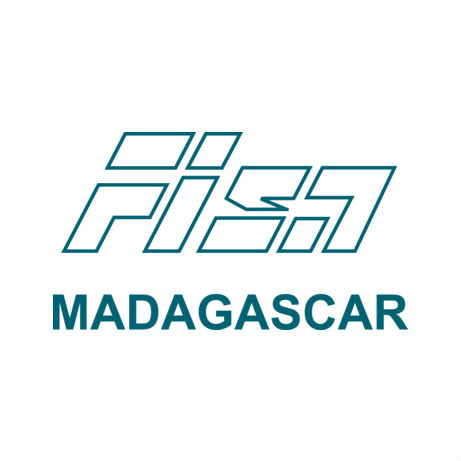

| 31 March 2016
Association HERA XXI - Georgia
Based in Tbilisi, Georgia, Association HERA XXI is a women’s rights organization working from the feminist perspective. It has been actively working in the fields of healthcare, sexual and reproductive health and rights (SRHR) and gender equality since 1998. HERA XXI offers comprehensive education to vulnerable societal groups, makes quality SRHR services more accessible, promotes development of institutions of volunteerism and activism and enhances strengthening and engagement of youth and community groups. Evidence-based advocacy, partnerships, awareness-raising, and results-oriented monitoring are essential approaches for achieving HERA XXI’s programmatic goals. Target groups: Girls and women of childbearing age; Girls and women living under the poverty line; IDP girls and women; Rural population; Girls and boys aged 14 to 25; High risk groups; Ethnic minorities; The following telephone and online/remote services can be received through the HERA XXI’s Call Center (Hot-line: 20 11 221): Consultation with a doctor/reproductive specialist; Legal consultation on sexual and reproductive rights and domestic violence; Consultation of a Social Worker for Internally Displaced People (IDPs); Online consultation service of a reproductive specialist and a legal consultant for young people - the service is available on the platform – www.youth-counseling.ge. Advocacy The Association contributes to the improvement of the political, social and economic environment of the country by promoting universal access to sexual and reproductive health services, maternal health, comprehensive education on reproductive health and healthy lifestyles, improving legal environment of children’s rights in terms of SRHR, advocating youth policies at local, national and international levels, and increasing readiness and awareness of decision-makers regarding sexual and reproductive health and rights.

| 31 March 2016
Fianakaviana Sambatra, Madagascar
Relative to much of Africa, Madagascar has high levels of contraceptive use, but high birth rates coupled with endemic poverty and limited government-led sexual and reproductive health (SRH) provision mean that child mortality and maternal death figures are high. Fianakaviana Sambatra (FISA) has been fighting since 1967 to improve the nation’s SRH through advocacy, education and direct service provision. Currently, it runs 67 service points, including: 11 permanent clinics, 3 mobile units and 12 community-based services (CBSs), across 6 of the country’s regions. FISA works with 5 associated clinics and 29 private practitioners. FISA has 70 full-time staff, 184 peer educators, and a youth action movement made up of 42 members. FISA delivers a wide range of services: family planning, prevention and management of HIV and the provision and dissemination of comprehensive SRH materials. FISA has used its on-the-ground experience to advise government on national SRH policy. It has partnered with the Ministry of Health, Family Planning and Social Protection, and the Ministry of Youth to advocate for a concerted approach to resolving the critical SRH issues currently facing the country. At the same time, it works with non-governmental organizations (NGOs) such as Marie Stopes International, and the ASSONG coalition of NGOs. FISA receives financial support from UNFPA, the Big Lottery Fund, Amélioration de la Qualité De Services, the EU and IPPF’s Japan Trust Fund. It’s also closely connected to other organizations promoting SRH rights across the country and the region.







